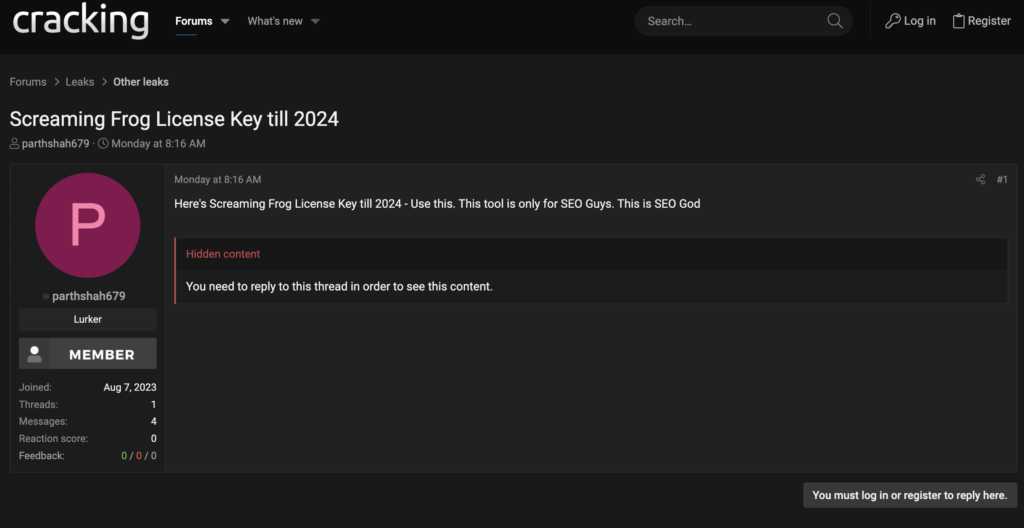In the labyrinthine world of digital security, passwords are both shields and swords. They protect our identities, yet they can also become weapons in the wrong hands. Seems like a topic these days. This investigative piece delves into the complex landscape of password sharing, hacking, and the ethical considerations that surround these practices.
The culture of password sharing
Streaming services
Password sharing is not a new phenomenon. It’s a practice deeply ingrained in our digital culture, especially among streaming services like Netflix and Disney+. But what happens when companies begin to crack down on this seemingly benign practice?
Netflix’s recent policy changes and Disney’s hints at upcoming restrictions on password sharing have ignited debates on the ethics and legality of sharing passwords. Is it a harmless act of community or a breach of contract that undermines a company’s revenue? There is a lot of money left on the table. Disney CEO Iger declined to provide a specific number, yet he acknowledged that the number of people sharing passwords across Disney’s services is “significant.”
Software sharing: A much murkier space
The sharing of software of tools we love like ahrefs and Screamingfrog takes password sharing into murkier territory. Websites like Techmazza offer guides on how to get Ahrefs premium accounts for free, providing step-by-step instructions to bypass payment. We have tested several of these and ran into working licenses for tools we use daily, such as Screaming Frog.
While we were unable to access specific threads on cracking forums like cracking.org, the existence of such platforms is a testament to the thriving underground community dedicated to hacking and sharing passwords.

These forums are often hidden in plain sight, operating in a legal gray area where hackers and crackers exchange information, tools, and even sell access to hacked accounts. For all you know, your own passwords could be sold here.
These forums are often hidden in plain sight, operating in a legal gray area where hackers and crackers exchange information, tools, and even sell access to hacked accounts. For all you know, your own passwords could be sold here.
These practices raise questions about the fine line between sharing and stealing. While some view it as a way to democratize access to expensive tools, others see it as a blatant stealing. Personally, I tend to agree with the latter.
Want to make sure it’s not your login credentials floating around? Check haveibeenpwnd to look up your password.
The dark side of passwords
LastPass: A cautionary tale
The hacking of LastPass, a password management software firm, serves as a cautionary tale of the vulnerabilities that exist even within systems designed to protect passwords. A DevOps engineer’s home computer was hacked, leading to the exfiltration of corporate data.
This incident highlights the relentless ingenuity of hackers and the constant battle between security measures and those seeking to exploit them. If you are still using LastPass, I would advice to switch password manager and change all your passwords.
A somewhat complex landscape
The world of passwords is fraught with complexity and ethical dilemmas. From the seemingly innocent act of sharing a Netflix password with a friend to the more contentious practices of hacking and sharing software, the lines between right and wrong are often blurred.
As technology advances and the stakes grow higher, the questions surrounding passwords will only become more pressing. Is password sharing a communal act or a breach of trust? Where do we draw the line between sharing and stealing? How do we balance the need for security with the desire for accessibility?
This investigation has uncovered a multifaceted landscape where legality, ethics, and technology intersect. It’s a world that challenges our conventional understanding of ownership, community, and responsibility.
In the end, passwords are more than mere strings of characters; they are symbols of a digital age grappling with questions of identity, access, and ethics.

